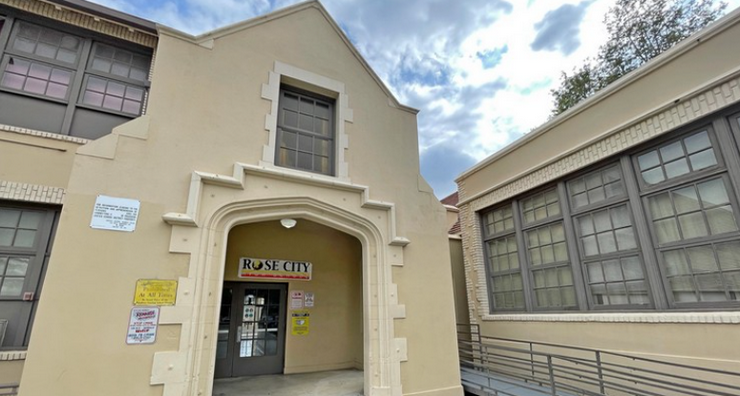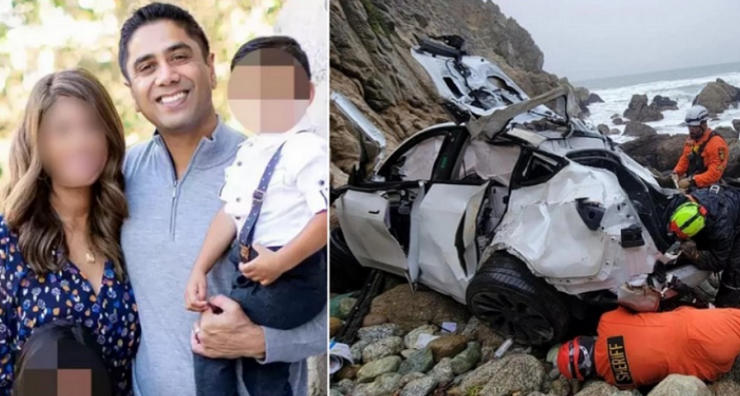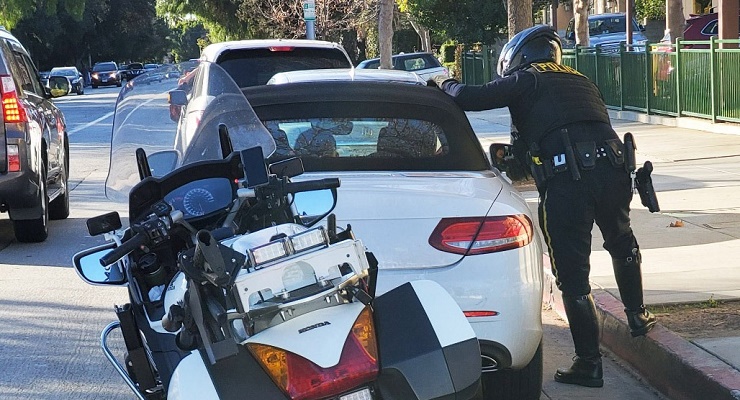Two weeks ago, as I sat here on Sunday morning at the 10:30 service, after being away most of the summer recovering from two surgeries, I glanced ahead to the collect for today, the prayer we use near the beginning of the service. One phrase jumped out at me: “running to obtain your promises.” What grabbed me was simply the contrast to how I’d been feeling: I wasn’t running to obtain anything! My last several months have been a slow motion approach to life. Stumbling to obtain your promises? Sitting around to obtain your promises? Napping to obtain your promises?…maybe!
I didn’t linger there, though, because I started thinking about the second half of that phrase, about God’s promises. One way or another, I realize I’ve spent a lot of time doing that lately. There’s the version of them that we see in today’s Psalm 91. It’s so reassuring in its statement of God’s promises: everything’s gonna be alright. God will deliver us, rescue us from danger, answer us, be with us in trouble, satisfy us with long life. Our reading only uses part of the psalm, skipping some verses in the middle, and I looked those up (p. 719 in the BCP); they’re just as great: God will clear away our enemies, defend us from all illness and injury, guard us even from lions and snakes, surround us with angels to protect our every step. Wow!
However, much as I’d like an ironclad guarantee of good health, happiness & contentment, and security in its many forms, I don’t actually believe God promises those sorts of things. I’m pretty sure the committee that designed the lectionary didn’t either, and that’s why they omitted those middle verses. The psalmist probably suggests them because they’re poetic and beautiful as a metaphor. But many Christians make statements that suggest they believe, or want to believe, that every bit of this is literally true; simply commit yourself to the Lord and all will be well, now, sort of like Lake Wobegon where all the women are strong, all the men are good-looking, and all the children are above average.
It’s easy, then, to fall into the trap of blaming God if and when we get up one morning, or one year, and realize that we’re coming up short on one count or another, maybe several. “Wait just a minute, God! I’ve prayed, I’ve given, I’ve served, I’ve loved, at the very least I’ve tried to be a good person. Why do I have cancer? Why have I lost my job or my house or my savings or my status? Why did my beloved die or a relationship fall apart? Why aren’t I happier? Why is my life so hard? Why, God?” Once again, the issue is thinking that God has promised us health or good luck or wealth or happiness or ease of life or protection from danger. Wish as we might, that’s just not how God works.
So then what does God promise us? Look back at those verses we did include in the psalm:
+ To deliver us. Not deliver us from all problems and annoyances, but to deliver us, period. Jesus took care of that one. Because we are bound to God in love, Jesus, in his death and resurrection once and forever delivered us from the power of the sin and death that might separate us from God. That pretty much covers being protected, rescued, and given refuge as well, which are a few of the other promises.
+ To answer us when we call. We talk, God listens. Maybe God’s answer will be clear and fast, or it might be indirect, indecipherable, or slow in coming. Might be in silence. Might be on our own or through the wisdom and insight of others. But God will answer us if we talk, and then stop talking to listen.
+ To be with us in trouble. Right now, this is my favorite. This one, I’m coming to understand, often occurs in the form of community. This is a promise from God that’s aided by help from us, on both sides of the equation. A community of people who care can’t be there for us if we don’t let them know we need them, if we aren’t willing to be vulnerable in that way. I’ll tell you, though, as I sat there that morning two weeks ago, and last week, and stand here today, it’s worth risking, because the feeling of love and care that comes to us through community in times of trouble is awesome and is intimately connected to a sense of God’s promised presence.
There’s another side to this. We’re called to be that community, the presence of Christ in the world in times of trouble, not just for the folks we know and like, for friends and family, but for all sorts and conditions of people. For the worn and weary woman standing at the intersection with her sign. For the friend of a friend whose Facebook posts drive us nuts. For the quirky and the cranky, the one who can’t remember us from one moment to the next and the one who can’t forget a wrong we committed years ago. How we do that is another sermon, but that God uses us to fulfill that promise is pretty clear to me.
These promises aren’t half of a contract God signs with us when we’re baptized; they’re the gifts God gives us so that we may be, in more words from the collect, “partakers of your heavenly treasure,” so that we may be living the life of God’s kingdom and extending God’s reign in all the world, to all the world, now and forevermore. Through the fullness of God’s grace, each of us is doing the best we can–running or walking or sitting still or dreaming–with the gift of God’s promises. Thanks be to God!
St. Marks Episcopal Church, 1014 East Altadena Dr., Altadena, (626) 798-6747 or visit www.saintmarksaltadena.org.














 0 comments
0 comments


